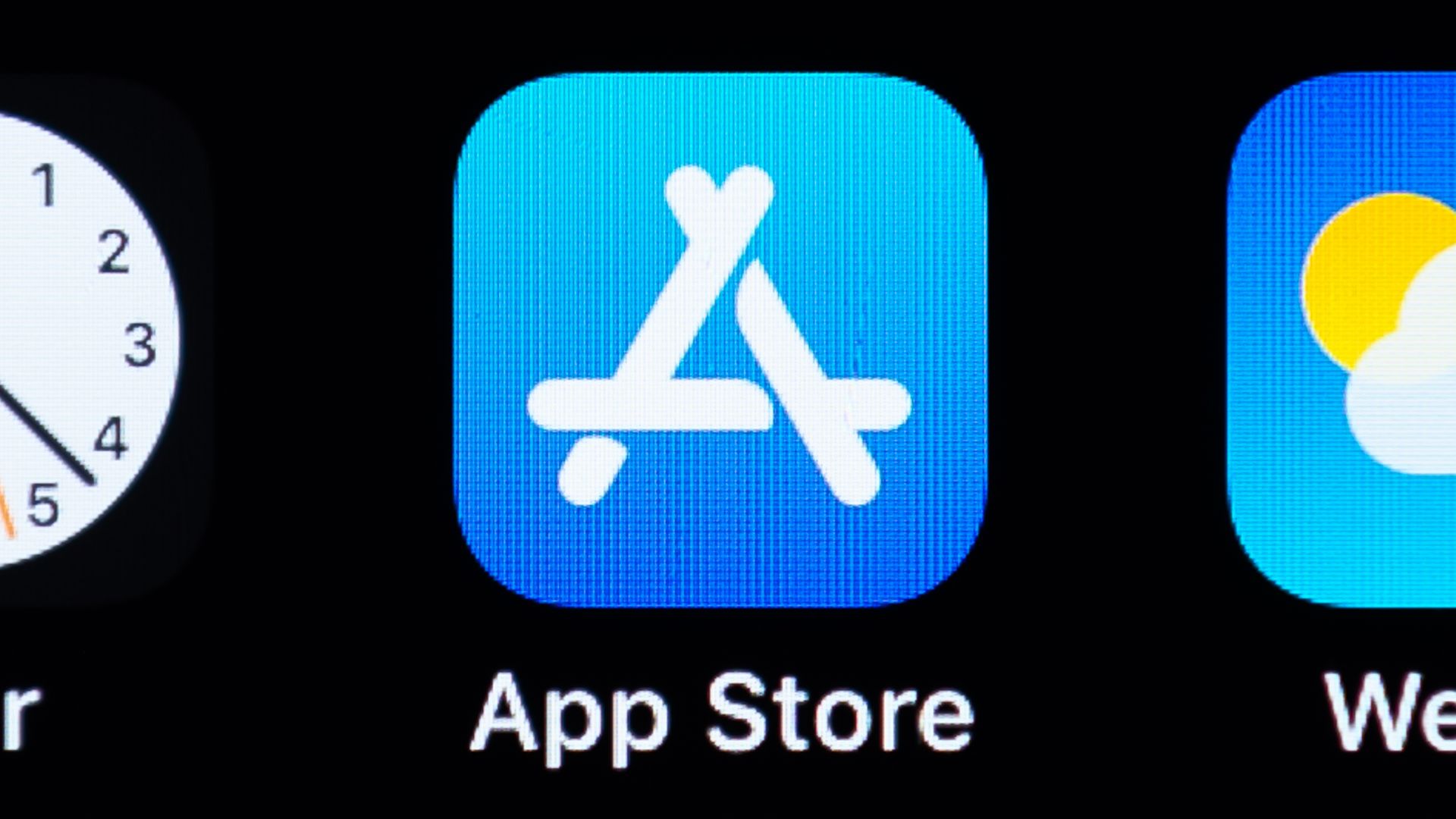Apple developers speak out on App Store policies
Add Axios as your preferred source to
see more of our stories on Google.

Photo: Silas Stein/picture alliance via Getty Images
In the wake of Europe's announcement of the Apple antitrust investigation, several iOS developers are publicly criticizing the policies that govern the App Store — in particular the up-to-30% cut Apple takes for the sale of digital goods.
Why it matters: The public criticism could encourage other developers to speak out and form the basis for antitrust investigations beyond Europe.
Driving the news:
- The developers of Hey, a new email app from the creators of Basecamp, are blasting Apple for insisting on a cut of their subscriptions. "It's clear they feel embolden[ed] to tighten the screws with no fear of regulatory consequences," tweeted Basecamp CTO David Heinemeier Hansson.
- Tinder parent Match Group on Tuesday said Apple "squeezes industries" including e-books, streaming media and cloud storage "for 30% of their revenue, which is all the more alarming when Apple then enters that space." Match has spoken with regulators on the matter, a source told Axios.
- Fortnite creator Epic Games also criticized Apple’s approach, while Spotify has a website enumerating its issues.
Between the lines: Those criticizing Apple raise several issues about Apple's somewhat arbitrary decision tree for determining who does and doesn't have to pay.
- Apple allows certain types of services not to offer sign-ups within their iOS apps, including "reader" apps for e-books and subscription video services. There's also a separate exception for services typically used by businesses.
- But for most other consumer digital services, companies are required to offer the option to subscribe in the app and give Apple its cut, which can be up to 30%.
Apple doesn't take a cut of sales of physical goods and services, but does for digital goods. The distinction can be murky, though.
- Match Group, for example, clearly wonders why an app used to match people romantically has to give a cut of revenue — but Uber, which matches riders and drivers, doesn't have to.
- Also, Apple has an expanding range of rival services of its own, making it tough for independent services to compete.
